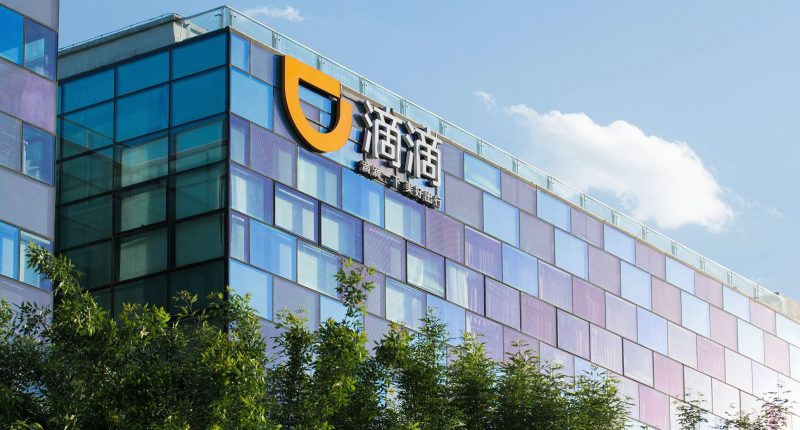While 2021 has been a friend of Indian startups (resulting in a record number of unicorns popping up), it has been completely different when it comes to the fates of the behemoths of India’s neighbor China. Not only have they faced resistance in the US, but the scrutiny and crackdown on their home turfs have made it a tough journey for them.
Only a few months ago, Chinese ride-hailing group Didi Chuxing made headlines after raising $4.4 billion in its US IPO and reaching a valuation of nearly $69 billion, marking the biggest US listing by a Chinese company since 2014. Now, China’s Uber-rival service announced that it was delisting from the New York Stock Exchange and would be applying to list and go public in the Hong Kong instead.
Didi is currently one of the biggest tech giants in China, having 377 million active users a year and a presence in 17 countries, including China. In fact, it bought Uber’s Chinese operations in 2016 and removed it as a competitor in the Chinese markets.
The company announced the same on a Weibo post on Friday, saying that its board had authorized the New York delisting of its American depositary shares “while ensuring that ADSs will be convertible into freely tradable shares of the Company on another internationally recognized stock exchange.” The company will organize a shareholders meeting to vote on the matter in the future, following necessary procedures.
The move is not a surprising one, given that Didi had been asked by Chinese regulators to delist from the US a few days ago due to concerns of the leakage of sensitive data, Bloomberg reported. This resulted in the steep fall in the share price of Didi last week, from over $15 apiece at debut to $7.8 as of Thursday.
This also comes as both the US and China have been clamping down on tech giants from across the nations and putting regulatory measures to prevent them from continuing their unchecked dominance and expansion in the global markets. Alibaba has found this out the hard way – you may remember that it had been fined nearly $2.8 billion for violating anti-trust rules, and the government had asked the behemoth to divest stakes in media assets. Jack Ma had literally gone into hiding post his public comments against the government machinery, only to remerge a few weeks back.





